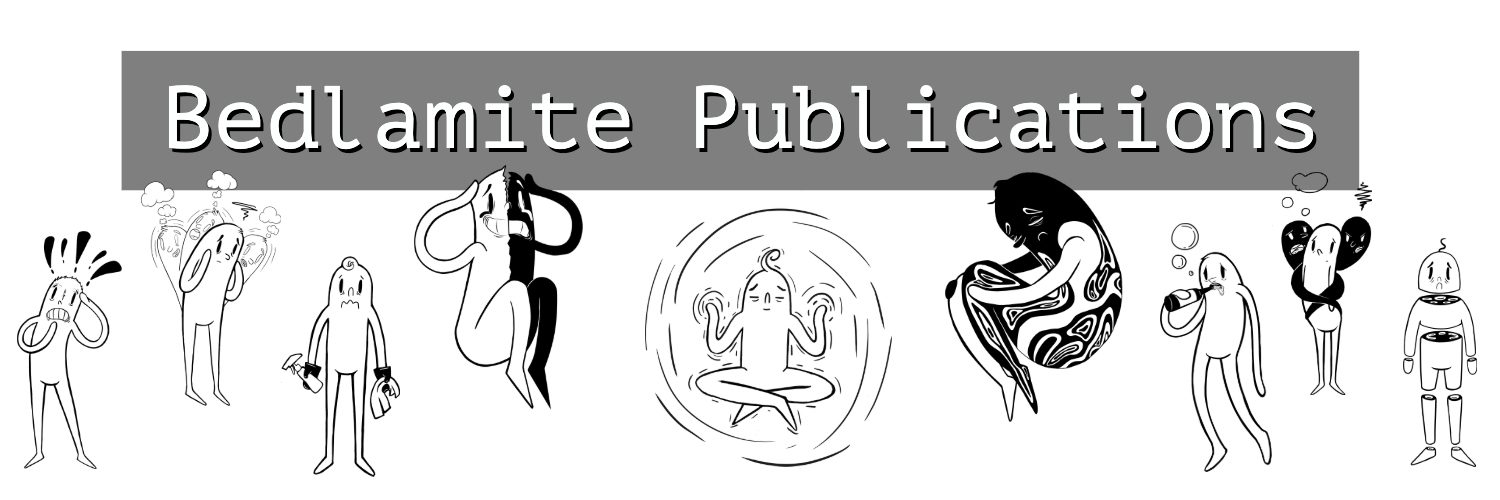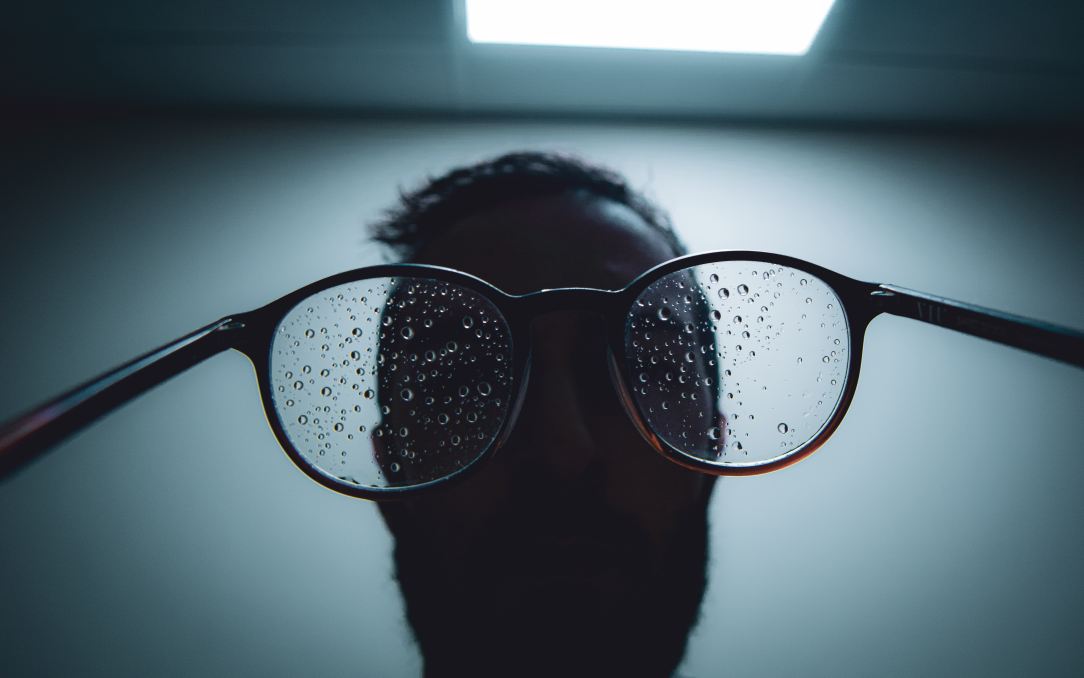While conducting your research, you may have come across the terms psychosis and schizophrenia used together. However, even though these terms are similar, they’re referring to two different conditions. In turn, this makes it more difficult to understand the differences between psychosis vs schizophrenia.
In many instances, psychosis is a symptom of schizophrenia in which a person loses touch with reality. ¹ Still, people can experience psychosis without having schizophrenia.
Throughout this article, we’re going to take a deeper look psychosis vs schizophrenia. At the end, we invite you to ask further questions.
What is Psychosis?
When someone experiences a psychosis, they are undergoing a group of symptoms characterized by a loss of touch with reality. The two most notable symptoms include:
- Hallucinations – Hearing, seeing, or feeling things that aren’t actually there. For example, a person experiencing psychosis may hear a voice that isn’t outside their mind. ²
- Delusions – Intense beliefs that are false in nature. For example, a person experiencing psychosis may believe others are out to harm them when there’s no evidence to suggest this. ³
Beyond these symptoms, a psychotic episode can also lead to:
- Acting suspicious and uneasy
- Changes in performance at school or work
- Decline in personal hygiene
- Difficulty concentrating
- Problems distinguishing between fantasy and reality
- Withdrawal from those around them
According to the National Institute of Mental Health (NIMH), nearly 100,000 new cases of psychosis occur each year in the United States. While causes vary between person to person, they can be ascribed to the following conditions:
- Anxiety
- Alzheimer’s disease (or dementia)
- Bipolar Disorder
- Brain tumors
- Depression
- Epilepsy
- HIV/AIDS
- Huntington’s disease
- Lupus
- Multiple sclerosis
- Parkinson’s disease
- Schizophrenia
- Sleep deprivation
- Syphilis
- Substance abuse disorder
Psychosis can also be caused by certain types of drugs, such as corticosteroids (used for Parkinson’s disease) and some types of antibiotics. ⁴
What is Schizophrenia?
Schizophrenia is one of several types of psychotic disorders that affects 0.25 to 0.64% of the population. ⁵ While the condition is defined by a variety of symptoms, these are categorized into the following 3 groupings:
- Psychotic Symptoms – Including symptoms of psychosis, such as hallucinations and delusions.
- Negative Symptoms – Includes a variety of less prevalent symptoms, such as low motivation, reduced emotions, and a decline in feelings of happiness.
- Cognitive Symptoms – Includes symptoms that make certain aspects of life difficult, such as concentration, memory, and attention.
Since schizophrenia is such a complex condition, experts aren’t sure its exact cause. Still, it’s believed that there are problems with genetics, environment, and brain functionality at play. ⁶

What’s the Difference Between Psychosis vs Schizophrenia?
The key difference between psychosis vs schizophrenia is simple:
- A psychosis is a selection of symptoms that can be caused by a variety of mental or medical conditions.
- Schizophrenia is a psychotic disorder in which people may experience psychosis. However, the condition is not solely defined by periods of psychosis.
If someone with schizophrenia experiences a psychotic episode, they’ll likely show signs of hallucinations and delusions. As mentioned, these are positive symptoms of the condition. For this reason, people with schizophrenia are often prescribed the same medication as those experiencing psychosis: an antipsychotic. ⁷
Still, psychosis alone isn’t enough to diagnose someone with schizophrenia. Such a diagnosis also requires signs of negative and cognitive symptoms.
As a result, people can experience psychosis without having schizophrenia (or another mental health condition). For example, someone may develop psychosis due to the intense symptoms of dementia or Parkinson’s disease.
How to Treat Psychosis
If you’re struggling with psychosis, the treatment method is very similar to that of schizophrenia. The most effective measures include:
- Medication – An antipsychotic medication can help reduce psychosis symptoms. ⁸
- Therapy – The most common form of psychotherapy for psychosis is cognitive behavioral therapy (CBT). This allows you to identify negative thought patterns and readjust them to better your thought processes. ⁹
- Family Support – Having a support system is critical when experiencing psychosis. This allows you to have a better sense of what is real and what isn’t. ¹⁰
- Social Support – You may also benefit from social skills training or other forms of support that allow you to get back into the routine of everyday life.
If you struggle with psychosis due to an underlying condition, it’s just as critical to ensure you’re also receiving treatment for that condition.
Final Word
While psychosis and schizophrenia are relatable, they are separate disorders and should be treated as such. If someone is experiencing symptoms of psychosis, that doesn’t indefinitely mean they have schizophrenia. Vice versa, if someone has schizophrenia, they won’t always be plagued with psychotic episodes.
As a result, treating both conditions can be tricky. Still, it’s important to identify these conditions (and subsequently treat them) as soon as possible. The longer these conditions go untreated, the better chance they have at impacting an individual’s quality of life.
Your Questions
Still have questions about the difference between psychosis vs schizophrenia?
We invite you to ask them in the comments section below. If you have any further knowledge to share – whether personal or professional – we’d also love to hear from you.
Reference Sources
¹ National Institute of Mental Health (NIMH): Understanding Psychosis
² Industrial Psychiatry Journal: Hallucinations: Clinical aspects and management
³ Industrial Psychiatry Journal: Understanding delusions
⁴ Psychiatria Danubina: Medication-induced Psychotic Disorder. A Review of Selected Drugs Side Effects
⁵ National Institute of Mental Health (NIMH): Schizophrenia
⁶ genes (MDPI): Gene-Environment Interactions in Schizophrenia: A Literature Review
⁷ Pharmacy and Therapeutics: Schizophrenia: Overview and Treatment Options
⁸ The Primary Care Companion: Atypical Antipsychotic Use in the Treatment of Psychosis in Primary Care
⁹ Ontario Health Technology Assessment Series: Cognitive Behavioural Therapy for Psychosis: A Health Technology Assessment
¹⁰ Journal of Public Health Research: Family support and adaptation mechanisms of adults outpatients with schizophrenia

